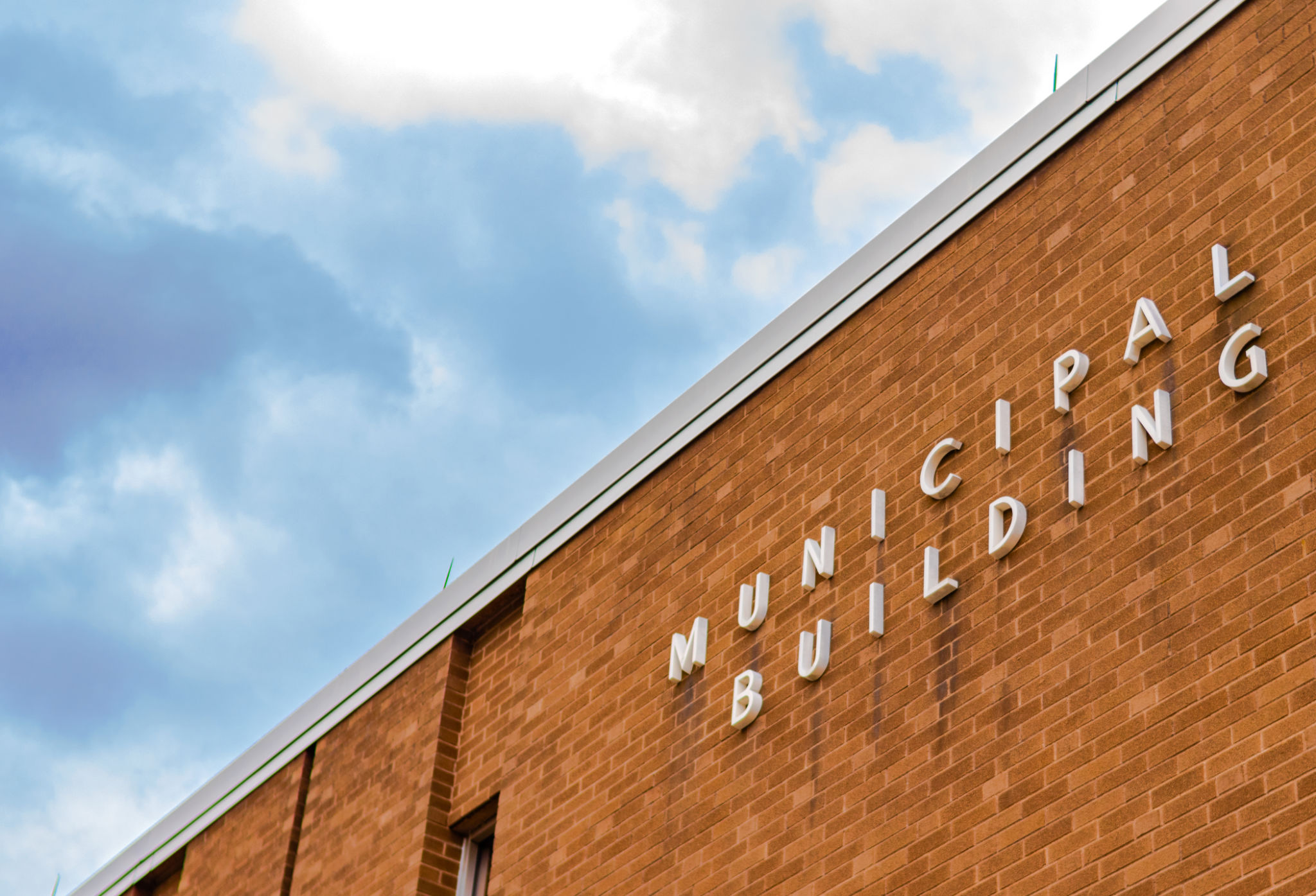A Comprehensive Guide to Remodeling Regulations in Gaborone
Understanding the Basics of Remodeling Regulations
Remodeling your home or business premises in Gaborone can be an exciting venture, but it’s essential to understand the local regulations that govern such projects. These rules ensure that all construction and renovation work is safe, sustainable, and in harmony with community standards. Before you begin, familiarize yourself with the basic guidelines to avoid any potential legal issues.
The first step in any remodeling project should be to consult the Gaborone City Council. They provide a comprehensive list of regulations and requirements for various types of renovations. This includes zoning laws, which determine what kinds of structures can be built in specific areas, and building codes, which set the standards for construction quality and safety.

Permits and Approvals
Obtaining the necessary permits is a crucial part of the remodeling process in Gaborone. Depending on the scope of your project, you may need several different permits. These typically include building permits, electrical permits, and plumbing permits. Each permit ensures that your renovation meets the required safety and structural standards.
To apply for a permit, you'll need to submit detailed plans of your proposed changes, often drafted by a qualified architect or engineer. The Gaborone City Council will review these plans to ensure compliance with local regulations. It’s important to allow adequate time for this process, as approvals can take several weeks.

Environmental and Safety Considerations
Environmental sustainability is a key focus in Gaborone’s remodeling regulations. You are encouraged to incorporate eco-friendly practices into your project, such as using energy-efficient materials or installing solar panels. Certain projects may require an environmental impact assessment to ensure they do not adversely affect the local ecosystem.
Safety is another critical aspect of remodeling regulations. Contractors must adhere to strict safety protocols to protect workers and residents. This includes proper waste disposal methods and ensuring that all work areas are secure from unauthorized access.

Working with Professionals
For most remodeling projects, especially larger ones, it’s advisable to hire professionals who are familiar with Gaborone’s regulations. Experienced contractors, architects, and engineers can provide invaluable guidance and ensure that your project complies with all local requirements. They also help streamline the process by handling permit applications and coordinating with city officials.
When choosing professionals, check their credentials and past work to ensure they have the necessary expertise. A well-chosen team can make the difference between a smooth remodeling experience and one fraught with delays and complications.

Common Challenges and Solutions
Despite careful planning, remodeling projects can encounter challenges. Delays in permit approvals or unexpected structural issues are common hurdles. Staying informed about regulations and maintaining open communication with your contractor can help mitigate these issues.
If you encounter obstacles, consult with your contractor or seek advice from the Gaborone City Council. They can provide guidance on how to address regulatory challenges efficiently. Additionally, being flexible with your timeline and budget can accommodate unforeseen changes that arise during the renovation process.
Conclusion
Understanding and adhering to remodeling regulations in Gaborone is crucial for a successful project. Whether you’re updating your home or business premises, taking the time to navigate local laws ensures that your renovation is both compliant and efficient. By securing the necessary permits, considering environmental impacts, and working with knowledgeable professionals, you can transform your space while contributing positively to the community.
